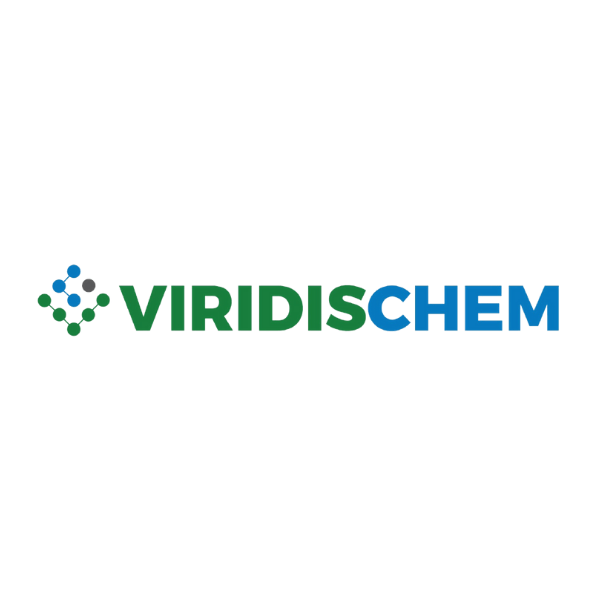By Annie Mitchell
Sustainable, or “green,” chemistry sounds like it could slow climate change and protect our natural environment. The term is vague though—what sort of science actually qualifies as sustainable? Thanks to a recent law, the federal government is required to answer this question in the next two years.
The new law, enacted as part of the FY21 National Defense Authorization Act, went into effect on January 1. Congress passed the Sustainable Chemistry Research and Development Act of 2019 to allocate military and energy funds for research, development, and regulation of sustainable chemistry practices[1].
The Act, in the works for years and championed by industry groups, was sponsored by U.S. Senator Chris Coons (D-Del.) and co-sponsored by Senators Susan Collins (R-Maine), Amy Klobuchar (D-Minn.) and Shelley Moore Capito (R-W.V.). Senator Coons describes the bill as “an exciting opportunity to maintain our scientific leadership and ensure the sustainability of our chemical enterprise for years to come.”. [2]
Hear more about Sustainable Chemistry and the use of toxicity information from Senator Coons and ACS’s David Constable, in our new video.
The law details a plan for existing federal agencies to organize and incentivize scientists, private companies, and NGOs as they discover green chemistry techniques. It seeks to establish a working framework of attributes for characterizing and metrics for assessing sustainable chemistry, coordinating Federal R&D support, technology transfer and commercialization, and identify ways Federal agencies can incentivize the development and use of sustainable chemistry processes and products. Participating agencies are instructed to coordinate with federal laboratories, use incentive prize competitions and challenges, and grant and loan guarantees to aid in the technology transfer and commercialization of sustainable chemicals and to promote sustainable chemistry through education and training at every level.
According to a 2018 Government Accountability Office (GAO) study, sustainable chemistry includes improving the efficiency of using natural resources; reducing or eliminating hazardous substances, protecting the environment using innovative chemical transformations, and considering all life cycle stages.
In recent years, new tools have launched on the market to introduce scientists in private industry, as well as academia and government, to practice sustainable and green chemistry. According to Neelam Vaidya, CEO, ViridisChem, “Tools such as ViridisChem’s Chemical Analyzer will play a critical role in distributing comprehensive toxicity knowledge of known and proprietary chemicals, as well as novel molecules, during early research. Scientists responsible for defining product development can make smart and informed decisions to minimize the use of toxic chemicals, eliminate the toxic waste generation and find less toxic alternatives while maintaining process efficiency.”
As House co-sponsor Rep. Daniel Lipinski (D-IL-3), noted “companies across hundreds of supply chains critical to the American economy are seeking to reduce costs and open new markets.” [4] Sustainable chemistry can lead to such benefits while minimizing hazards to people and the environment.
Bibliography
[1] “S.999 – Sustainable Chemistry Research and Development Act of 2019.” Congress.gov. https://www.congress.gov/bill/116th-congress/senate-bill/999/summary/25 [2] “Senate passes Sen. Coons’ bipartisan bill, backed by Delaware companies, to promote sustainable chemistry.” Chris Coons. July 23, 2020. https://www.coons.senate.gov/news/press-releases/senate-passes-sen-coons-bipartisan-bill-backed-by-delaware-companies-to-promote-sustainable-chemistry [3] “First Task for Sustainable Chemistry Research and Development Act of 2019: Define ‘Sustainable Chemistry’” [4] “H.R.2051 – Sustainable Chemistry Research and Development Act of 2019.” Congress.gov. https://www.congress.gov/bill/116th-congress/house-bill/2051ViridisChem is a software company offering essential toxicity data and tools for companies to move towards sustainable product development.
We have the world’s most comprehensive toxicity database with over 90 million chemicals, and utilizing this data, our software tools provide toxicity analysis of chemicals, mixtures and formulations, and product development processes.
Demonstrations

Chemical Analyzer for Lab Safety

Chemical Analyzer for Process Development
